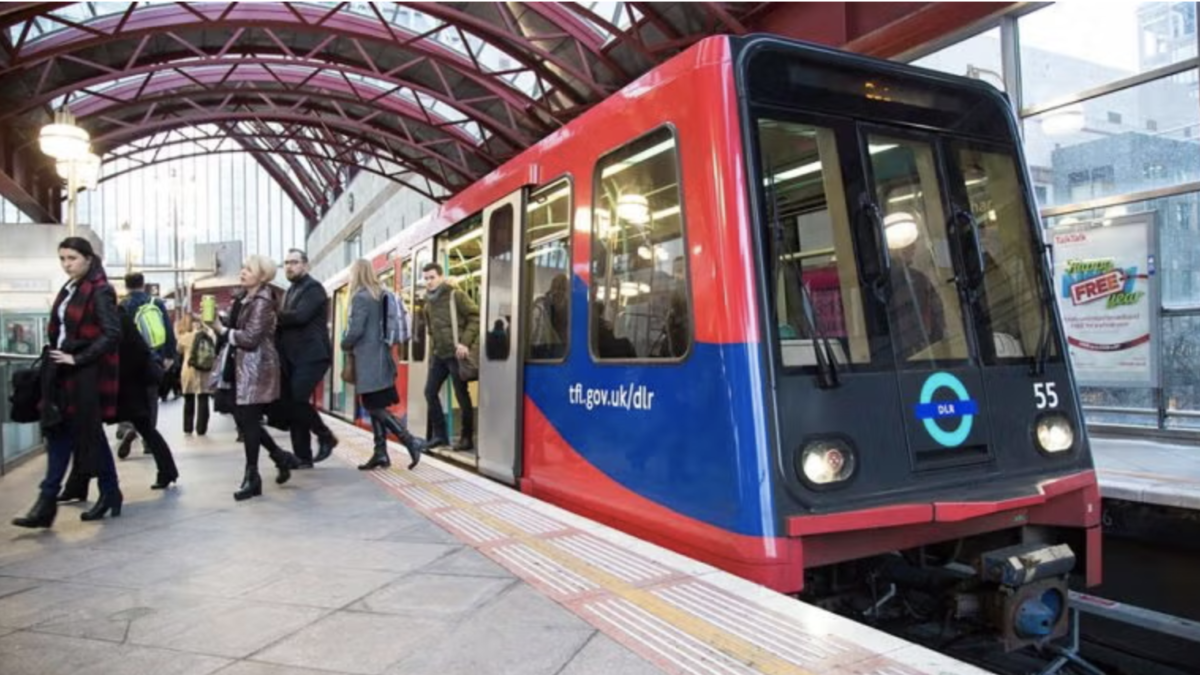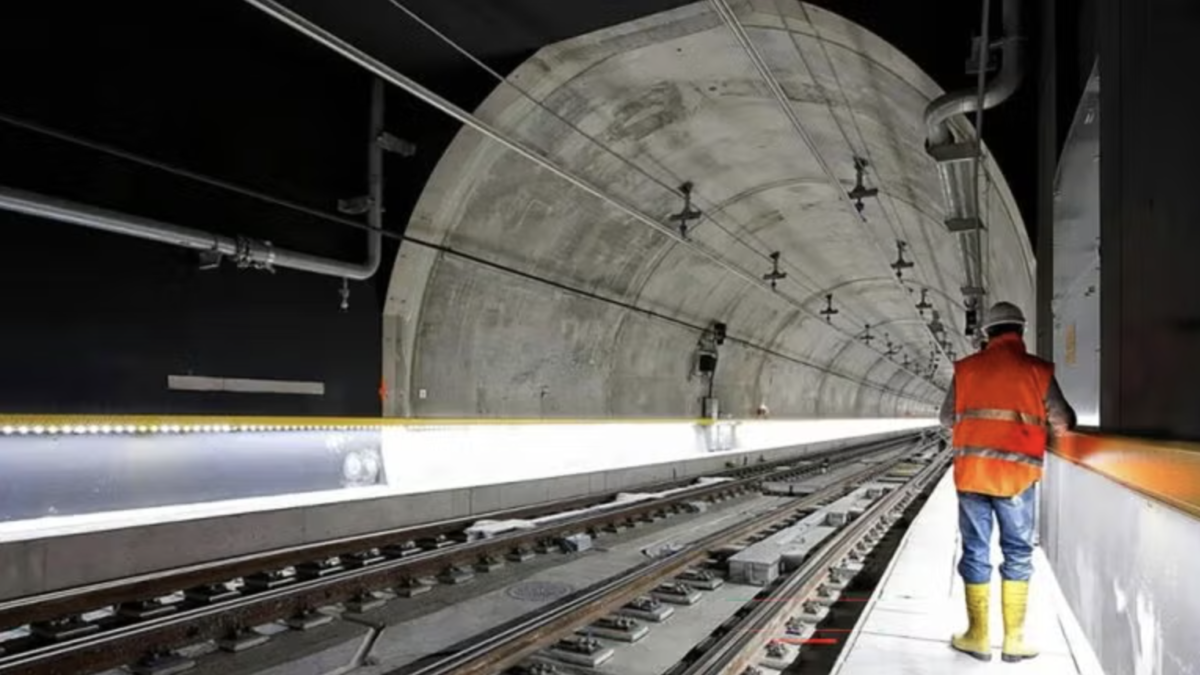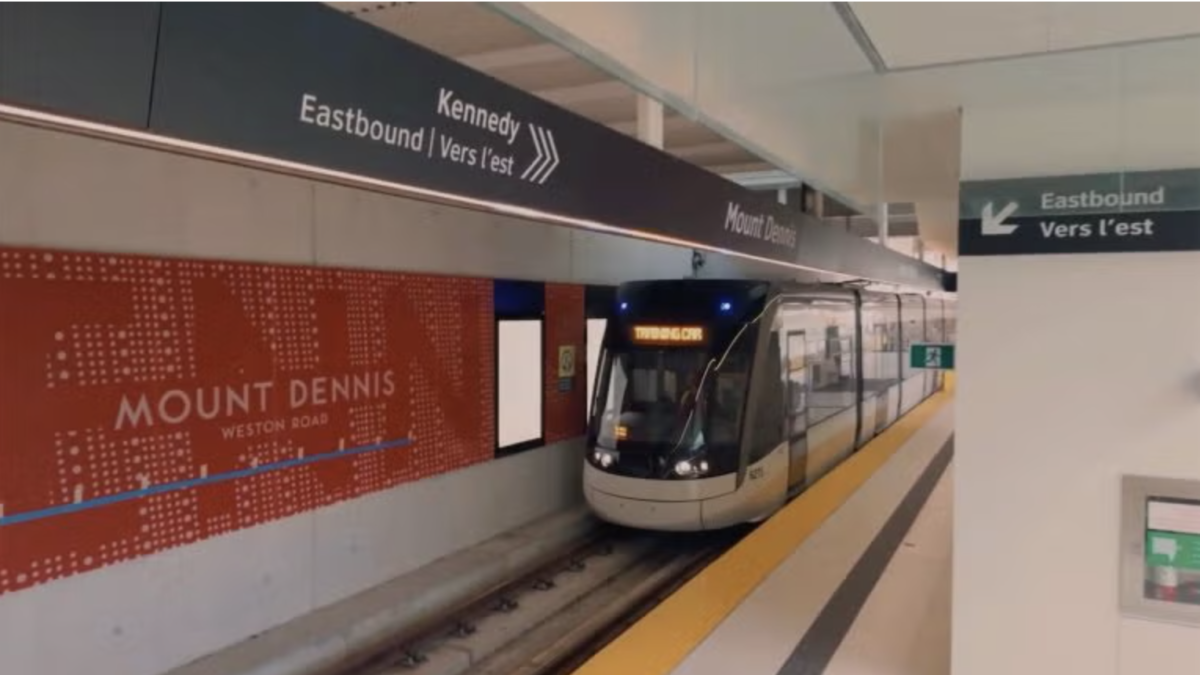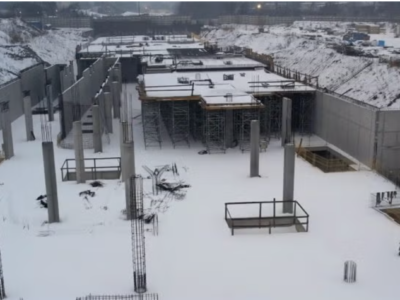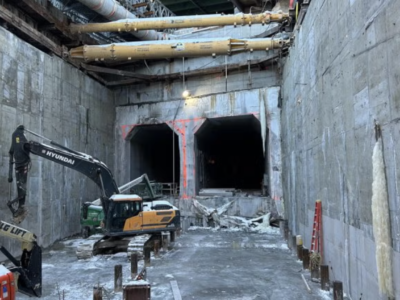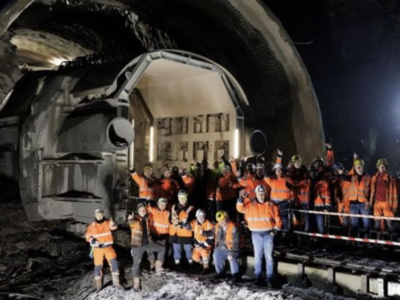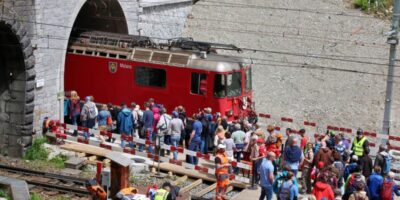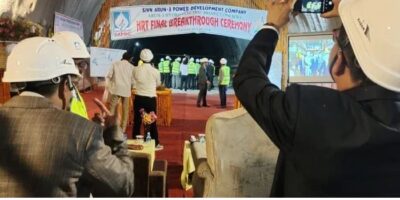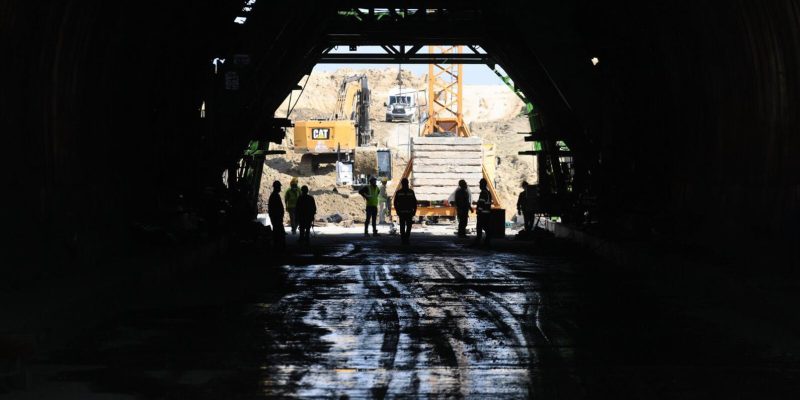
TURKEY: The country’s most administrative court has dropped the agreement granted in June last year for the reconstruction of TCDD’s principle line among Ispartaküle and Halkalı, which shapes the southern part of Turkey’s main rail interface with western Europe.
The Council of State decided that the ‘closed’ tendering process, which was not declared ahead of time and under which just invited organizations were permitted to offer, was illegal.
It dismissed an agreement by the Ministry of Transport and Infrastructure that a closed tender was required because of the ‘urgency’ of the venture, bringing up that the tender covered for work to be finished inside 1 170 days. The tender regulation characterized ‘urgent’ as connecting with circumstances like catastrophic events, epidemics, and risk of death or property, however, the court said none of these applied for this situation.
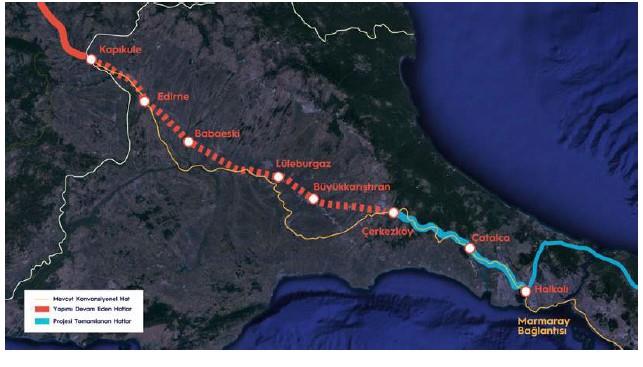
Counting an arranged realignment for 200 km/h running, the construction of the fundamental line between the Bulgarian border at Kapıküle/Svilengrad and Halkalı has been made more complicated on account of the arranged improvement of the Kanal Istanbul ship channel. That is planned to connect the Black Sea to the Sea of Marmara, bypassing the Bosporus strait, yet would divide the rail route arrangement among Halkalı and Ispartakule, requiring a rerouting of up to 10 km of the line. Development of a twin-bore tunnel under the future waterway had been incorporated as a component of the tender.
The common works contract was won by a consortium of Gülermak, Yapı Merkezı and Taşyapı with a bid of TL3·1bn, the least of five offers submitted from the nine groups invited to bid. Aside from the proposed tunnel, no subtleties of the work bundles covered by the agreement had been delivered.
Changing Background
Meanwhile, the advancement of both the canal and the rail line could now be affected by the war in Ukraine. The principal reasoning for the development of the waterway, which has been firmly upheld by Turkish President Recep Tayyip Erdoğan, was the expansion in oil tanker traffic through the Bosporus to the Black Sea serving the Caspian oil fields having a place with Kazakhstan and Russia. That exchange is currently in danger because of the worldwide ban on Russian oil and the conceivable rerouting of Kazakh crude by means of different pipelines.
Simultaneously, the war is additionally expected to affect rail-borne Eurasian cargo between China, eastern Asia, and Europe, the greater part of which had up to this point going through Russia. Limitations on that passageway could make the supposed ‘middle route’ through Turkey, Georgia, and Azerbaijan an alternative for transporters trying to keep utilizing rail.
The rebuilding of the Kapıküle – Halkalı corridor had been booked for finishing by 2027. This was to have been supplemented by the long-arranged Istanbul orbital cargo line connecting Halkalı with Gebze via Yavuz Selim span from 2029, which would empower freight trains to keep away from the bustling Marmaray suburban corridor through the center of the city.
These deadlines were included as conditions for a €275m EU award and a €150m EBRD loan grant to Turkey over the most recent two years, however, they currently show up probably not going to be met except if the tendering can be restarted quickly or the court administering can be overturned on request.


